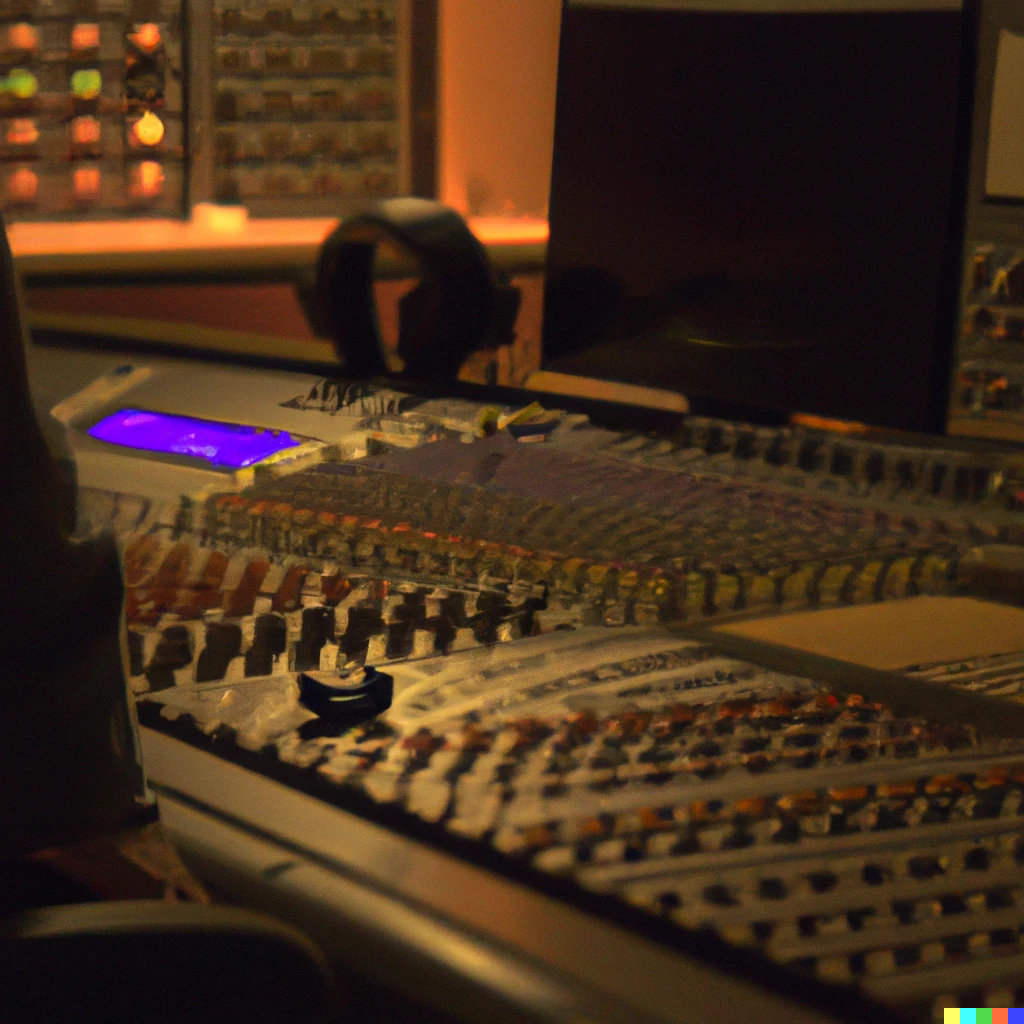E1 Intro
Audio engineering is the practice of capturing, manipulating, and reproducing sound. It's the science of making things sound good, and the art of making them sound even better. Think of it as the culinary arts of the sound world. Just like a chef creates a dish, an audio engineer creates a soundscape.
Audio engineers work in a variety of settings, such as recording studios, live venues, and post-production facilities. They use a variety of equipment, such as microphones, mixing consoles, and digital audio workstations (DAWs) to record, edit, and manipulate sound.
At the heart of audio engineering is the concept of sound waves. Sound waves are essentially vibrations in the air that our ears perceive as sound. These vibrations can be measured in terms of frequency (how often the wave oscillates) and amplitude (how big the wave is). Audio engineers use this understanding of sound waves to create desired sound characteristics, such as making a voice sound clear and crisp or making a guitar solo sound distorted and crunchy.
Recording is one of the most important aspects of audio engineering. It's the process of capturing sound using microphones and other equipment. A good audio engineer knows how to choose the right microphone for the job, and how to place it in the perfect spot to capture the desired sound. This is especially important in live sound reinforcement, where audio engineers use a combination of microphones, mixing consoles, and loudspeakers to amplify live performances.
Editing is another important aspect of audio engineering. It's the process of manipulating sound using software, such as a DAW. Audio engineers use editing tools to clean up, enhance, and manipulate sound recordings. This can include removing unwanted noise, adjusting levels, and applying effects.
Mixing and mastering are the final steps in the audio production process. Mixing is the process of blending multiple sound recordings together to create a cohesive final product. A good audio engineer knows how to balance levels, pan sounds left and right, and apply effects to create a polished final mix. Mastering is the process of fine-tuning the final mix to make it sound its best across different playback systems.
The field of audio engineering is constantly evolving, with new technologies and techniques being developed all the time. Some examples of recent developments include 3D audio, virtual reality, and machine learning.
